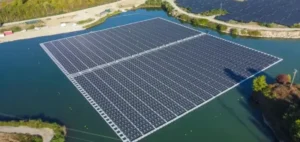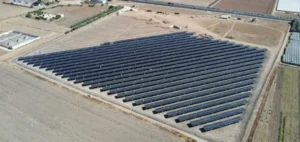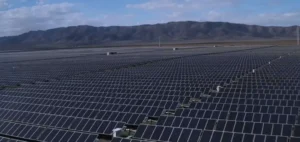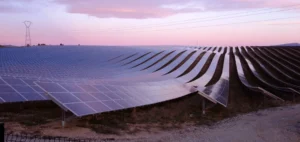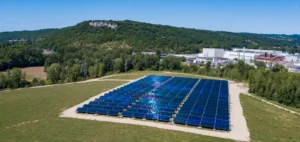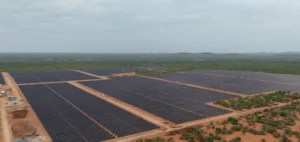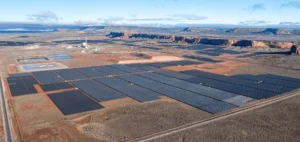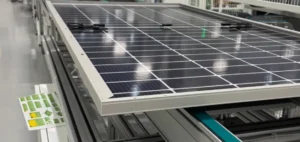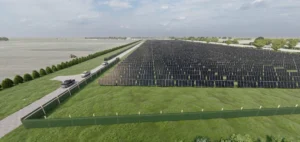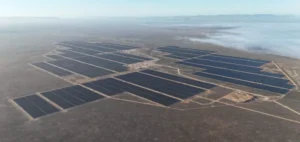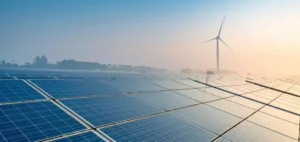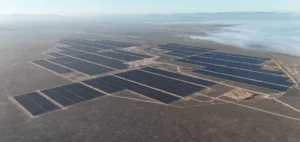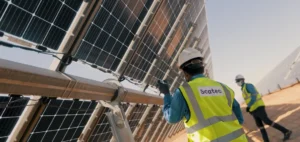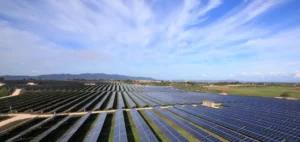Atlas Renewable Energy signs a power purchase agreement (PPA) with Unipar for a solar project in Brazil.
The Lar do Sol Casablanca II photovoltaic power plant will supply two Unipar factories in the country.
Atlas Renewable Energy supplies 239 MW to Unipar
Atlas Renewable Energy is launching a large-scale project with raw materials producer Unipar.
The leader in renewable energies will make available its Lar do Sol Casablanca II photovoltaic power plant, located in Pirapora.
A total of 700 hectares will be home to 460,000 solar panels, with a maximum installed capacity of 239 MW.
Elimination of 40,500 tonnes of annual CO2 emissions
These solar panels will use bifacial module technology, reflecting the sun’s rays on both their front and rear faces.
This increases the efficiency of photoelectric conversion, and hence the plant’s overall output.
Its 239 MW represent the energy required for around 261,000 average households.
What’s more, with this production capacity, the plant will eliminate around 40,500 tonnes of CO2 emissions per year.
This is equivalent to removing 16,200 vehicles from the streets of São Paulo, according to an IPCC calculation method.
Unipar moves towards decarbonization
The plant will be used to power two of Unipar’s Brazilian plants with renewable energy, a goal the company has set itself.
Indeed, South America’s leading producer of chlorine, chlorides and PVC is looking for sustainable solutions.
Thanks to its partner’s plant, Unipar will be able to produce chlorine to treat the water of 60 million people.
Atlas already has 6 solar power plants in Brazil
Atlas Renewable Energy is making its mark in the South American region, where it is one of the fastest-growing producers of renewable energy.
It is also becoming a key player in the energy sector, with 6 large-scale solar power plants.
With more than 1 GW installed in South America, the company is helping its partners with their energy transition.
“The adoption of renewable energy is becoming a staple of good corporate responsibility. […] We offer a unique opportunity for large energy consumers to clean up their energy matrix,” says Luis PIta, Managing Director of Atlas Renewable Energy in Brazil.
A project with many challenges
Finally, the Atlas project is not just a strategic partnership, but a series of social and environmental programs.
For one thing, construction of the plant will require the creation of 1,200 jobs, with a target of 15% female representation.
The company is committed to promoting gender parity and inclusive practices, and training women to open up new opportunities.



